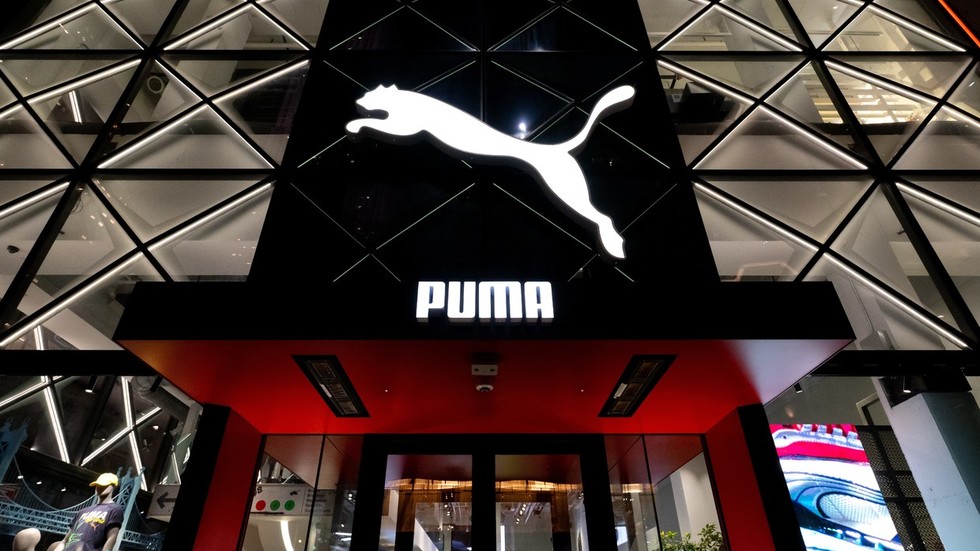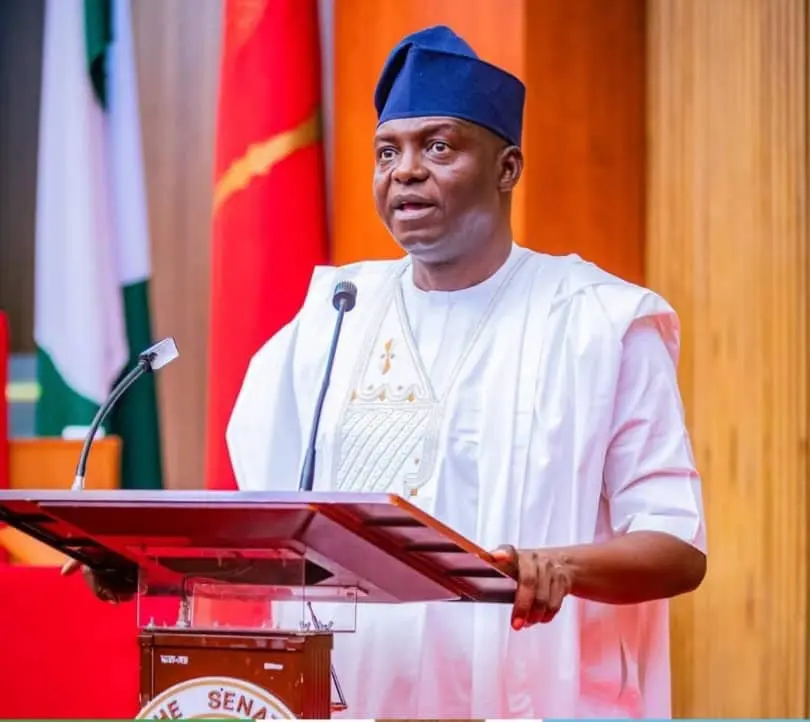In a significant move to boost immunization coverage and reach underserved populations, Gavi, the Vaccine Alliance, has announced a substantial $191 million Health Systems Strengthening (HSS-3) grant to Nigeria. This initiative aims to target 1.8 million zero-dose children, who have never received any routine vaccines, and seeks to increase immunization coverage to 84% by 2028. Dr. Alex de Jonquières, Gavi’s Director of Health Systems and Immunisation Strengthening, made the announcement, emphasizing the grant’s scale and significance.
The grant is the result of an inclusive planning process involving Nigeria’s Federal Ministry of Health and Social Welfare, the National Primary Health Care Development Agency (NPHCDA), state governments, development partners, and civil society. De Jonquières noted that nearly 80% of the funds will be allocated to states, with over 10% going directly to civil society organizations to reach the most underserved communities. He praised Nigeria’s progress, citing the vaccination of over 62 million children, the prevention of two million deaths, and the successful introduction of nine new vaccines, including those for HPV and malaria.
Gavi has invested over $2.4 billion in Nigeria since 2000, enabling the renovation of 493 primary healthcare centers, the recruitment of 3,683 health workers, and the procurement of cold chain equipment and logistics vehicles to strengthen immunization delivery. However, de Jonquières emphasized that Nigeria still bears the world’s highest burden of zero-dose children, calling for increased domestic investment, stronger accountability, and deeper collaboration. “As we launch this new phase, we stand at a transformative moment. No child should die from a vaccine-preventable disease,” he said.
In addition to the HSS-3 grant, Gavi has announced an additional $100 million investment for a nationwide measles-rubella campaign in 2025, aiming to protect over 100 million children. This campaign aligns with Nigeria’s Sector-Wide Approach (SWAp) and broader health sector reforms to drive systemic improvements and sustainable progress in child health outcomes. Christian Munduate, UNICEF Representative in Nigeria, urged stakeholders to view health as a public investment rather than expenditure, emphasizing the need for stronger collaboration between the government and private sector to ensure sustainable health systems.
Dr. Walter Mulombo, World Health Organisation (WHO) Representative in Nigeria, reaffirmed WHO’s commitment to strengthening the country’s health system through a rights-based approach grounded in governance, transparency, and partnerships. He highlighted governance as a critical pillar of health systems strengthening and commended Nigeria’s progress with the SWAp. The HSS-3 initiative, supported by Gavi and global partners, aims to improve healthcare access for women and children, particularly in underserved areas, and will address resource gaps, strengthen leadership and oversight, and expand primary healthcare services across Nigeria from 2025 to 2028.



